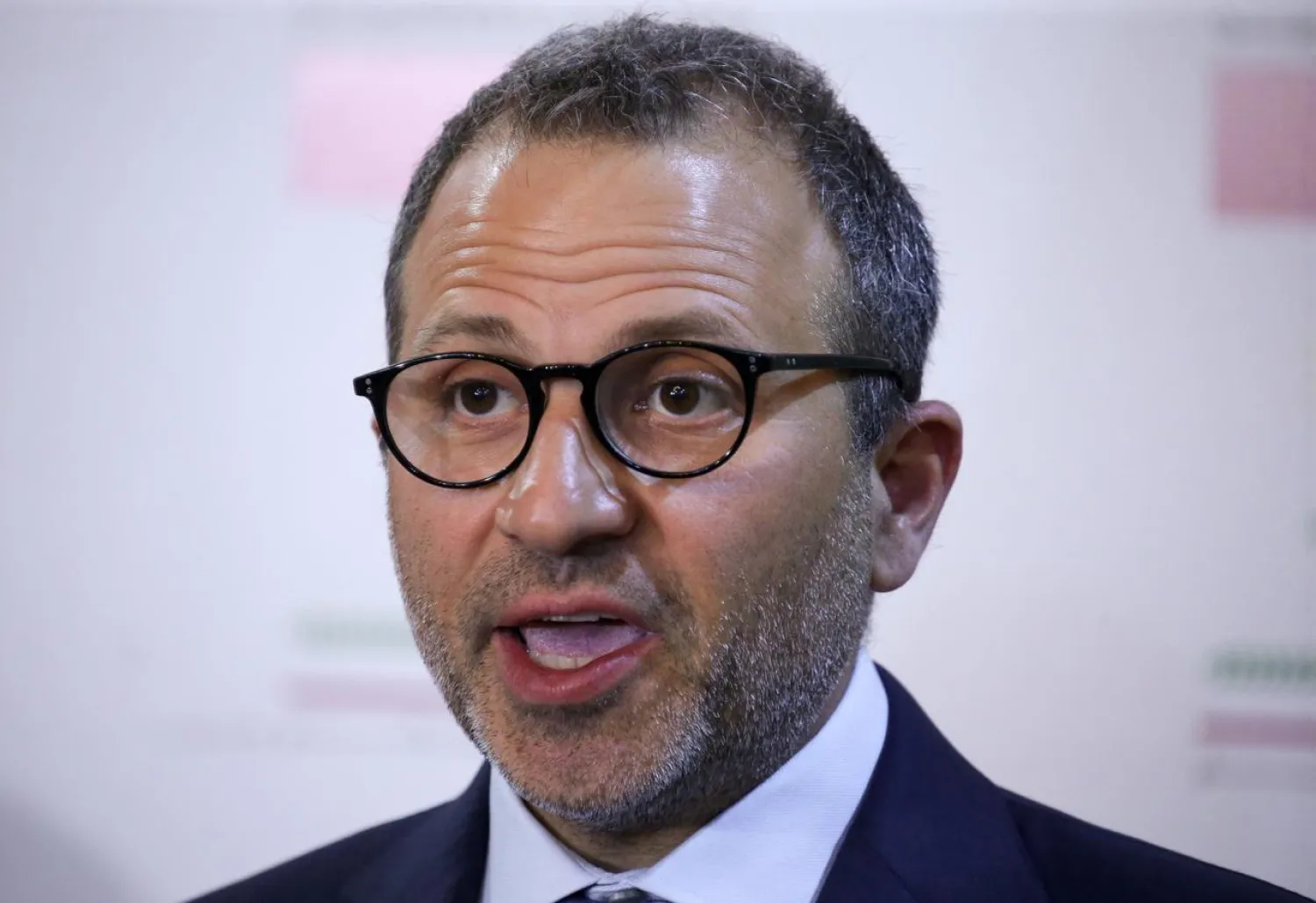President of the Lebanese Free Patriotic Movement (FPM) Gebran Bassil asserted that he does not want to become President, but wants to fight corruption.
Bassil held a press conference on Saturday, during which he discussed Lebanon’s political options in light of regional developments, saying his party is being subjected to “mass political assassination attempts,” vowing to expose them all.
“We are being subject to mass political assassinations because of liars. I can sense the anger of our supporters and I apologize to them and urge them to calm down and have patience.”
He urged the government to stay ready to “prevent the fall of change. We will not withdraw our confidence from the government as long as the alternative is not available, and as long as it gets things done,” vowing to strike anyone who causes strife.
Bassil indicated that the goal of the Baabda meeting on June 25 is to prevent strife.
He admitted that the government and the presidency are in crisis, as well as protesters and supporters of the government, however everybody can help in the salvation process.
“Counting on the outside for power is a wrong bet,” Bassil said, adding that waiting for a solution from outside the country is like slow death.
Days after his ally, Hezbollah, called for resorting to the East and China to help manage the situation in Lebanon, Bassil said that terminating the International Monetary Fund (IMF) options means the country will have to head East.
He explained that such an option is only possible if it were the only alternative, however, that doesn’t mean “we do not want to deal with the East.”
Basil also addressed the issue of Caesar's Law, asserting that “we do not want confrontation with the US. We want to preserve friendship.” He indicated that though it is not an international law, the United States has the power to enforce it.
If implemented, Ceasar’s Law means closing the borders with Damascus and increasing the burden of the refugees, according to Bassil, who warned that it might even lead to a greater influx from Syria due to the deteriorating economic conditions.
Lebanon has a special status and Washington should allow it special waivers that will not restrain the economy or affect the intended goal of the Law, even if we do not agree to its purpose if it were "meant to stifle Syria.”
Bassil stressed that Lebanon must take serious measures to control the borders and close illegitimate crossings. He also reiterated that funds should not be smuggled to Syria because Lebanon is in greater need.
Soon after Bassil's press conference, the leader of Marada Movement, Suleiman Frangieh, tweeted a poetry stanza that appeared to be in response to Bassil without naming him.
Also, Democratic Gathering MP Faisal al-Sayegh criticized Bassil's attack on Lebanese factions, saying as President Michel Aoun calls for dialogue in Baabda between all political forces, FPM head attacked the parties.
Sayegh wondered if Bassil was annoyed by the Baabda meeting and wanted it to fail.
Former Minister May Chidiac criticized Bassil saying it is not acceptable to intentionally turn the appointment mechanism into a law that contradicts with the constitution.
Chidiac noted that jurists and all lawmakers agreed to the mechanism, but the FPM voted against it. She wondered if Bassil's position was to respect transparency or insist on favoritism.









